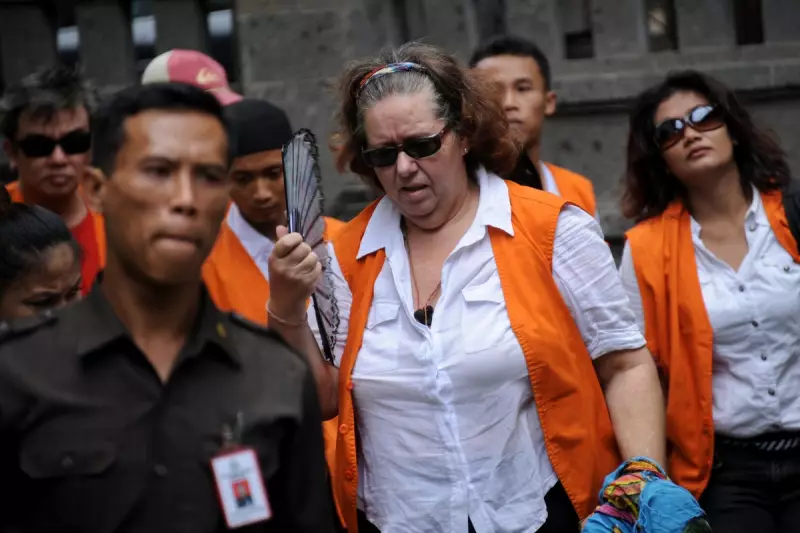
Lindsay Sandiford, a 67-year-old British grandmother, remains trapped in a nightmare scenario on Indonesia's death row, facing execution by firing squad for cocaine smuggling despite repeated pleas for government intervention.
A Desperate Final Appeal
Sandiford has made what could be her final desperate appeal to the UK government through her legal representatives, begging for assistance as Indonesian authorities signal preparations for a new round of executions. Her legal team warns that time is rapidly running out for diplomatic intervention.
Twelve Years in Legal Limbo
The Cheltenham-born grandmother was arrested in May 2012 after Bali's Ngurah Rai Airport customs officials discovered 4.8kg of cocaine worth approximately £1.6 million hidden in the lining of her suitcase. Despite maintaining she was coerced by criminal gangs who threatened her family, Indonesian courts showed no mercy.
"The UK government has consistently refused to provide Lindsay with the funding needed for an adequate legal defence," revealed her representative. "We're now at the critical stage where only high-level diplomatic intervention can prevent her execution."
Government Stance Under Scrutiny
The Foreign Office maintains its long-standing position against funding legal representation for British nationals abroad, stating: "We oppose the death penalty in all circumstances and regularly raise Lindsay Sandiford's case with the Indonesian government."
However, this stance offers little comfort to Sandiford, who has watched fellow death row inmates be executed while she awaits her fate in Kerobokan Prison.
Mounting International Pressure
Human rights organisations have intensified their campaigns, arguing that Sandiford's age and potential coercion circumstances warrant clemency. "There are serious questions about whether she was a willing participant or a vulnerable individual manipulated by sophisticated drug syndicates," noted one Amnesty International representative.
As diplomatic channels remain Sandiford's only hope, her case continues to raise difficult questions about the UK government's responsibility to citizens facing extreme penalties abroad and the limits of international diplomatic protection.





